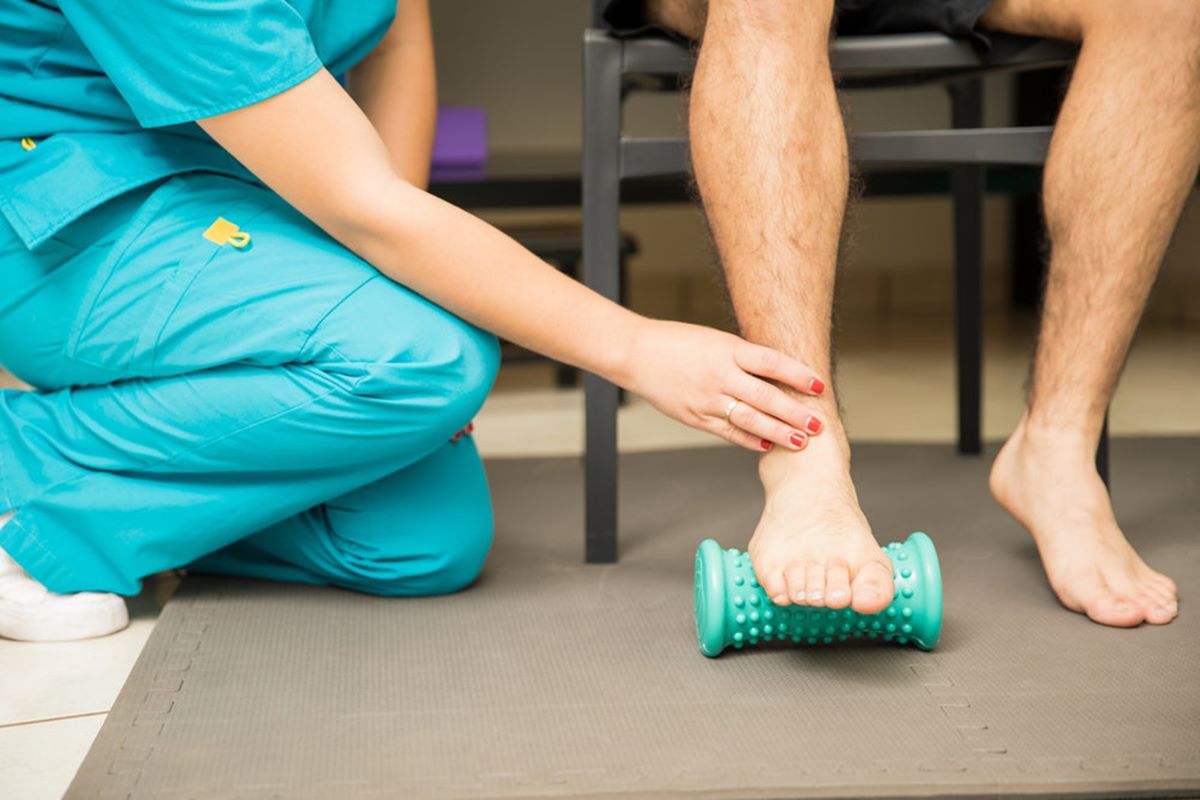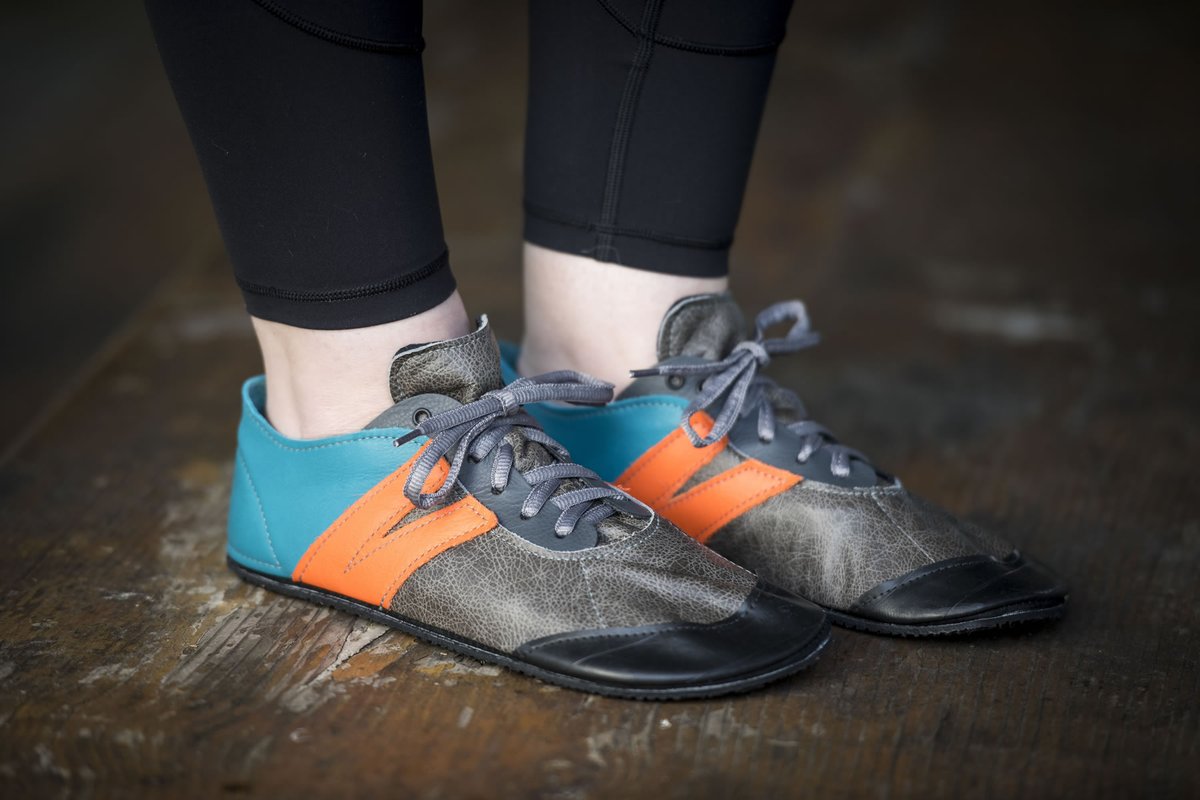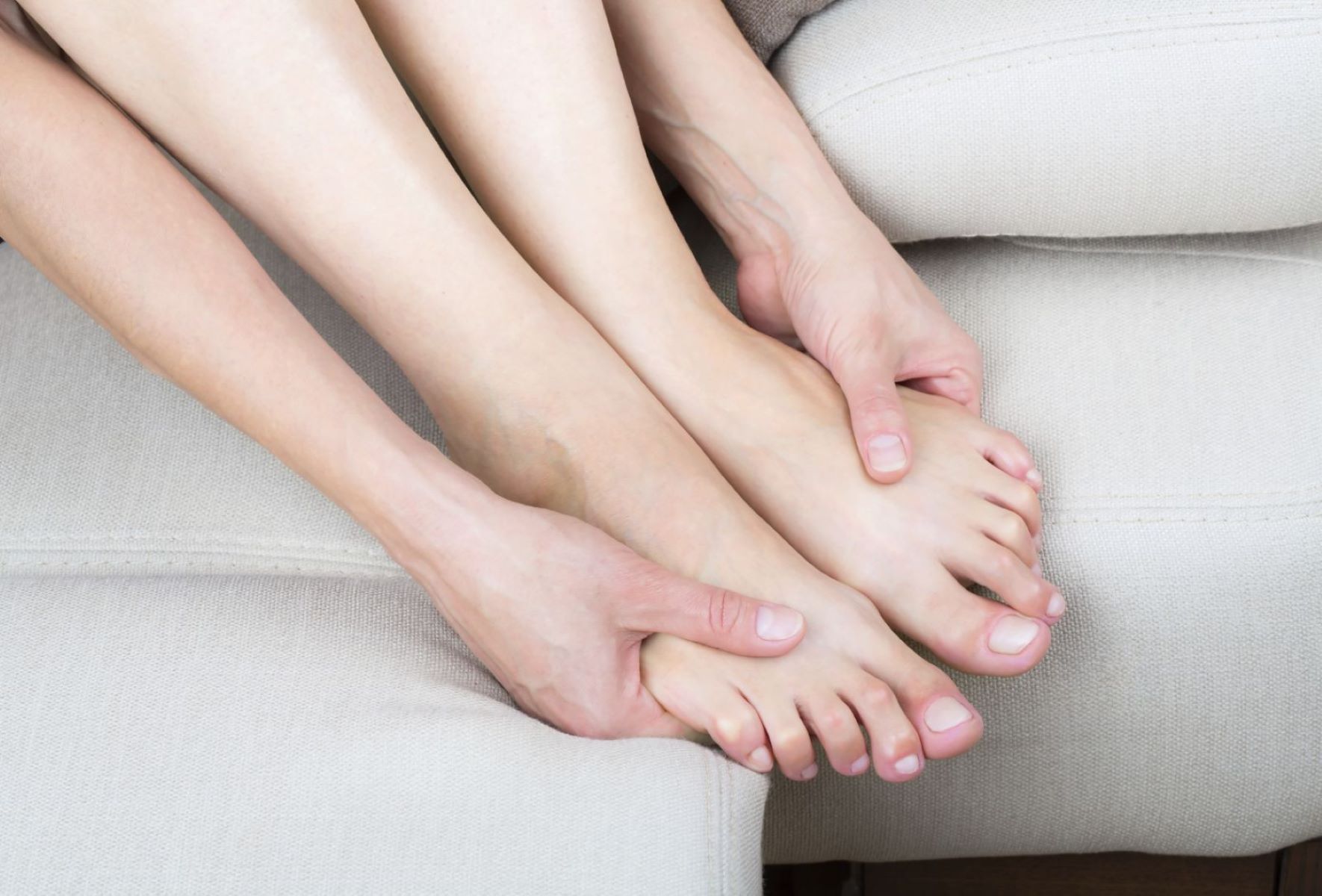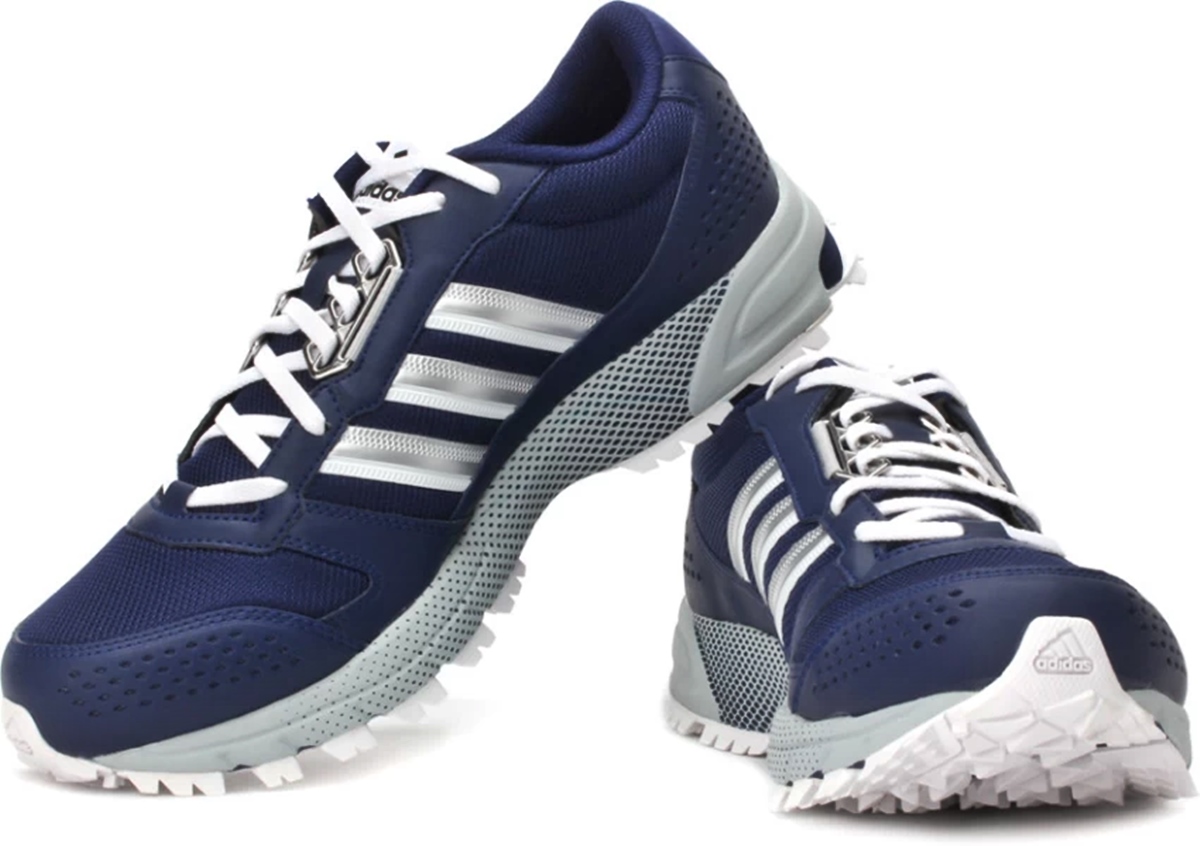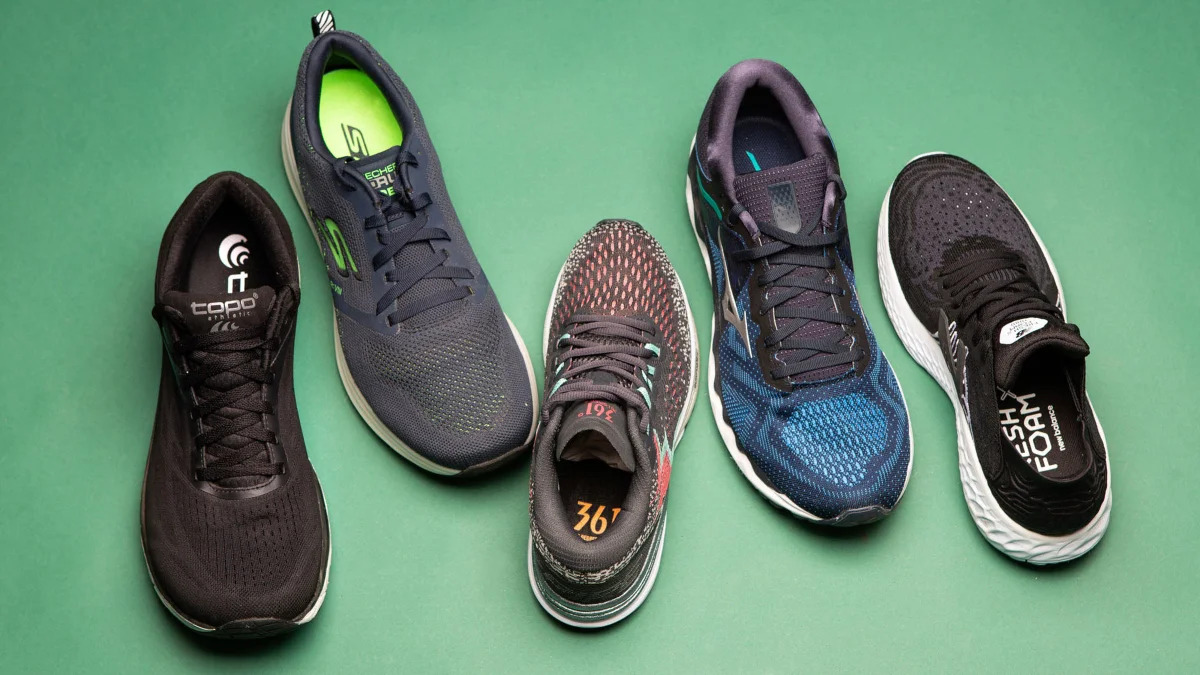Home>Misc>Featured>What Are The Best Running Shoes For Achilles Tendonitis
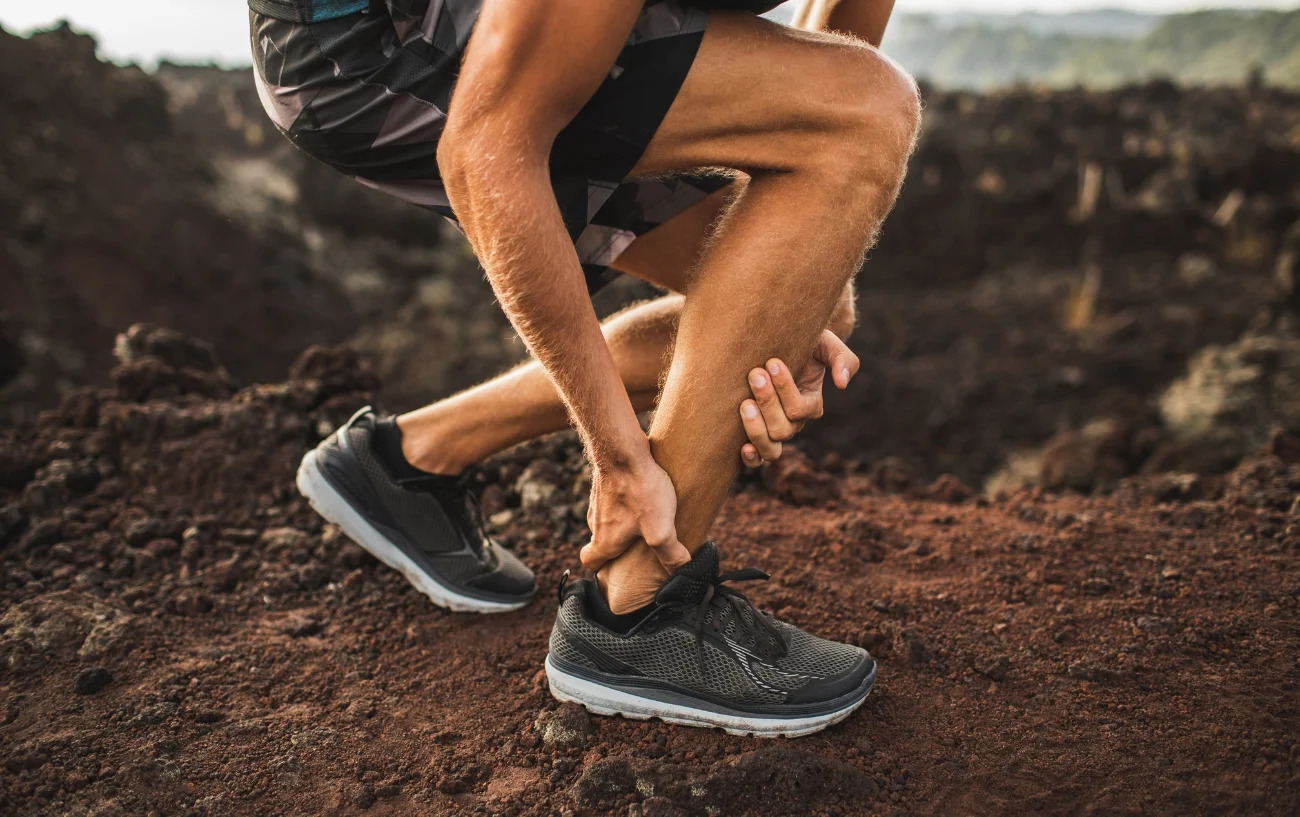

Featured
What Are The Best Running Shoes For Achilles Tendonitis
Modified: August 19, 2023
Discover the top running shoes for Achilles tendonitis. Our featured selection provides the comfort and support needed to alleviate pain and prevent further injuries.
Introduction
When it comes to running, choosing the right pair of shoes is essential to prevent injuries and maximize performance. One common injury that many runners face is Achilles tendonitis, a condition characterized by inflammation and irritation of the Achilles tendon. This can be a painful and frustrating experience, often limiting the ability to run or engage in physical activities.
Fortunately, there are running shoes specifically designed to support and alleviate the symptoms of Achilles tendonitis. These shoes provide the necessary cushioning, stability, and arch support to minimize stress on the Achilles tendon and promote a healthier running stride. In this article, we will explore the importance of selecting the right running shoes for Achilles tendonitis and provide some top recommendations to help you find the best pair for your needs.
Before we delve into the specific shoes, it is important to understand the nature of Achilles tendonitis. The Achilles tendon is the largest and strongest tendon in the human body, connecting the calf muscles to the heel bone. It plays a crucial role in facilitating movements such as walking, running, and jumping.
Achilles tendonitis occurs when the tendon becomes irritated and inflamed. This can happen due to various factors, including overuse, excessive strain, improper running form, inadequate stretching, or wearing shoes that do not provide proper support. Common symptoms of Achilles tendonitis include pain, stiffness, swelling, and tenderness in the back of the heel or along the calf.
Given the impact that running can have on the Achilles tendon, it is crucial to choose running shoes that provide the right support and cushioning. These shoes should help redistribute the load, reduce stress on the tendon, and promote proper alignment during each stride. By wearing suitable running shoes, you can alleviate pain, reduce the risk of further injury, and continue to pursue your running goals.
In the next section, we will discuss the key factors to consider when selecting running shoes for Achilles tendonitis. Understanding these factors will empower you to make an informed decision and choose the best shoes that meet your specific needs.
Understanding Achilles Tendonitis
Achilles tendonitis is a common condition that affects the Achilles tendon, the band of tissue that connects the calf muscle to the heel bone. It typically occurs as a result of overuse or repetitive stress on the tendon, leading to inflammation, pain, and sometimes swelling.
There are two main types of Achilles tendonitis: insertional and non-insertional. Insertional Achilles tendonitis affects the lower part of the tendon where it attaches to the heel bone. Non-insertional Achilles tendonitis, on the other hand, occurs in the middle portion of the tendon.
Several factors can contribute to the development of Achilles tendonitis. One of the primary causes is excessive or sudden increase in physical activity, especially if you are not adequately prepared or have not built up enough strength and flexibility in the calf muscles. Running on uneven or hard surfaces can also put strain on the tendon and increase the risk of developing tendonitis.
In addition to overuse and improper training practices, certain factors can potentially increase the risk of developing Achilles tendonitis. These include tight calf muscles, improper footwear, flat feet or high arches, obesity, and certain medical conditions such as diabetes or arthritis.
The most common symptom of Achilles tendonitis is pain and stiffness in the back of the heel or along the calf. The pain is usually worse in the morning or after periods of rest, and it may lessen during physical activity before flaring up again afterward. In some cases, there may be swelling, tenderness, or a noticeable bump or nodule on the tendon.
It is important to address Achilles tendonitis promptly to prevent further damage and ensure a speedy recovery. Resting the affected leg, applying ice packs, and taking over-the-counter pain medications can help alleviate pain and reduce inflammation in the early stages. However, it is crucial to consult a healthcare professional for an accurate diagnosis and a comprehensive treatment plan.
Physical therapy exercises, such as stretching and strengthening the calf muscles, can be beneficial in the rehabilitation process. In some cases, a heel lift or orthotic device may be recommended to provide additional support to the Achilles tendon.
Understanding the nature of Achilles tendonitis is crucial in selecting the right running shoes. In the following section, we will explore the key factors to consider when choosing running shoes for Achilles tendonitis to ensure optimal support and comfort.
Importance of Choosing the Right Running Shoes
Choosing the right running shoes is of utmost importance, especially for individuals suffering from Achilles tendonitis. The right pair of shoes can make a significant difference in managing symptoms, preventing further injury, and promoting proper healing.
One of the primary reasons why selecting the right running shoes is crucial is because they provide the necessary support and cushioning to minimize the impact on the Achilles tendon. Shoes specifically designed for Achilles tendonitis typically have additional padding and cushioning in the heel area to absorb shock and reduce strain on the tendon during each stride.
Furthermore, proper running shoes can help improve overall biomechanics and running form. They provide stability and assist in maintaining proper alignment of the feet and legs, reducing excessive stress on the Achilles tendon. This is particularly important for individuals with overpronation or supination, where the foot rolls inward or outward excessively during the running gait.
Choosing the right pair of running shoes can also help with the prevention of injury to the Achilles tendon and other structures in the lower extremities. Shoes that offer good arch support and stability help distribute the forces evenly throughout the foot, reducing the likelihood of overloading the Achilles tendon and causing injury.
In addition to injury prevention, proper running shoes can enhance performance. When running with the right shoes, the feet are properly supported, allowing for more efficient and comfortable movements. This can lead to improved running mechanics and potentially better speed and endurance.
Comfort is another crucial aspect to consider when selecting running shoes for Achilles tendonitis. Ill-fitting or uncomfortable shoes can exacerbate the pain and discomfort associated with the condition, hindering the ability to run or engage in physical activities. Shoes that fit well and provide a comfortable fit can help alleviate pressure on the Achilles tendon and promote pain-free running.
Overall, wearing the right running shoes can significantly impact a runner’s experience with Achilles tendonitis. It can reduce pain, minimize further damage to the tendon, improve running efficiency, and promote a faster recovery process.
In the next section, we will delve into the key factors to consider when choosing running shoes for Achilles tendonitis. By understanding these factors, you can make an informed decision and find the best pair of shoes to meet your specific needs.
Factors to Consider When Selecting Running Shoes for Achilles Tendonitis
When it comes to choosing running shoes for Achilles tendonitis, there are several key factors to consider. By taking these factors into account, you can ensure that you find a pair of shoes that provide the necessary support, cushioning, and comfort to alleviate symptoms and promote a healthier running experience.
1. Cushioning and Shock Absorption:
One of the most important factors to consider is the level of cushioning and shock absorption in the shoes. Look for shoes that have ample cushioning in the heel area to reduce the impact on the Achilles tendon with each stride. This cushioning helps to absorb shock and minimize stress on the tendon, providing relief and protection during running.
2. Arch Support:
Proper arch support is essential in preventing excessive pronation or supination, both of which can contribute to Achilles tendonitis. Look for shoes that offer adequate arch support to maintain proper alignment and reduce strain on the tendon.
3. Heel Counter Stability:
The heel counter is the back portion of the shoe that provides stability and support to the heel. Look for shoes with a firm and supportive heel counter to minimize movement and keep the Achilles tendon in a neutral position, reducing the risk of irritation and inflammation.
4. Flexibility:
Flexibility in the forefoot area is crucial to allow for proper toe-off during running. Look for shoes with a flexible sole that allows for a natural and smooth movement of the foot, avoiding unnecessary strain on the Achilles tendon.
5. Fit and Comfort:
Ensure that the shoes fit properly and provide a comfortable feel. Shoes that are too tight or too loose can lead to rubbing, pressure points, and discomfort, exacerbating the symptoms of Achilles tendonitis. Consider factors such as width, toe box room, and overall fit to find shoes that provide a snug yet comfortable fit.
6. Pronation Control:
For individuals with excessive pronation or supination, choosing shoes with appropriate pronation control features can be beneficial. Look for shoes with stability or motion control features to help correct the foot’s natural movement and reduce stress on the Achilles tendon.
By considering these factors, you can narrow down your options and find the best running shoes for Achilles tendonitis that meet your specific needs and preferences. In the next section, we will highlight some top recommended running shoes that are highly regarded for their support and comfort for individuals with Achilles tendonitis.
Top Recommended Running Shoes for Achilles Tendonitis
When it comes to choosing running shoes for Achilles tendonitis, there are several options available that provide the necessary support, cushioning, and comfort. Here are some top recommended running shoes that have received positive feedback from runners dealing with Achilles tendonitis:
- Nike Air Zoom Pegasus 38: This popular shoe from Nike offers excellent cushioning and stability to support the Achilles tendon. It features a responsive Zoom Air unit in the heel, providing impact protection and a smooth ride.
- Brooks Ghost 14: The Brooks Ghost 14 is known for its plush cushioning and comfortable fit. It provides adequate support and stability for individuals with Achilles tendonitis, allowing for a pain-free running experience.
- Hoka One One Bondi 7: Hoka One One is known for its maximal cushioning, and the Bondi 7 is no exception. It offers exceptional shock absorption and a roomy toe box, ensuring that your Achilles tendon remains well-supported and protected.
- ASICS Gel-Nimbus 23: ASICS Gel-Nimbus 23 is a highly regarded shoe for its cushioning and comfort. It features ASICS’ Gel cushioning technology in both the forefoot and heel, providing excellent shock absorption and reducing stress on the Achilles tendon.
- New Balance Fresh Foam 1080v11: New Balance’s Fresh Foam 1080v11 offers a plush and comfortable ride. It features a supportive midsole and a roomy toe box, allowing for proper alignment and reducing strain on the Achilles tendon.
These are just a few examples of the many running shoes available that cater to individuals with Achilles tendonitis. It is important to keep in mind that everyone’s feet and running style are unique. What works for one person may not work for another. It is recommended to try on different shoes and consult with a knowledgeable salesperson or a podiatrist to find the best fit for your specific needs.
Remember that finding the right pair of running shoes is a personal journey, and it may take some trial and error. The key is to prioritize comfort, support, and cushioning to ensure that your Achilles tendon remains protected and that you can continue to pursue your running goals without pain or discomfort.
Now that you have a better understanding of the top recommended running shoes for Achilles tendonitis, you can make an informed decision and select the pair that best suits your needs. In the concluding section, we will summarize the key points discussed in this article and emphasize the importance of prioritizing your Achilles tendon health when choosing running shoes.
Conclusion
Choosing the right running shoes for Achilles tendonitis is crucial to alleviate pain, prevent further injury, and promote a healthy running experience. By considering factors such as cushioning, arch support, stability, flexibility, fit, and pronation control, you can find the perfect pair of shoes that cater to your specific needs.
Understanding the nature of Achilles tendonitis and its causes is essential in selecting the right shoes. The right pair of shoes will provide adequate support, cushioning, and stability to minimize stress on the Achilles tendon and facilitate a pain-free running experience.
Keep in mind that each individual is unique, and what works for one person may not work for another. It is important to try on different shoes, consider consulting with a professional, and prioritize your comfort and foot health when making your final decision.
Lastly, remember to listen to your body and give your Achilles tendon the rest it needs if you experience any pain or discomfort. Following a gradual training program, incorporating proper stretching, and seeking professional guidance can further support your recovery and prevent future bouts of Achilles tendonitis.
Take the time to invest in the right pair of running shoes for Achilles tendonitis, and reap the benefits of a more comfortable and enjoyable running experience. Your Achilles tendon will thank you for the support and care you provide, allowing you to continue pursuing your passion for running without unnecessary pain or limitations.
